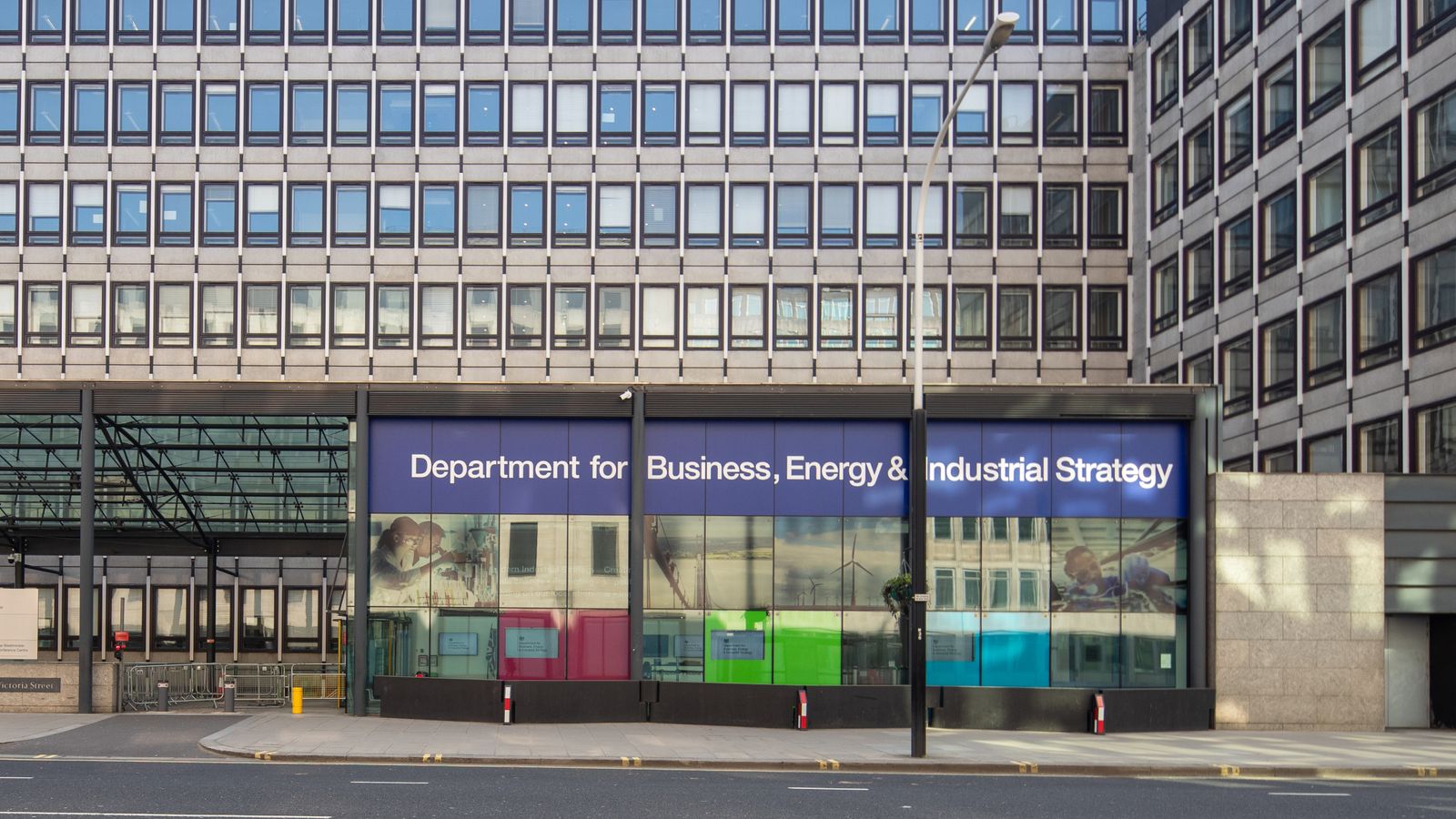Fraud and errors related to loans from the government’s COVID-19 business support schemes will cost taxpayers at least £4.9bn, a parliamentary budget oversight group has said.
Between 2020 and 2021, the government gave out a total of £79.3bn in assistance to companies to help them survive its pandemic restrictions.
The “eye-watering” true amount lost over those two years could end up being even higher, “as assessments catch up with payments made”, the Public Accounts Committee (PAC) warned.
During the same period, the Department of Business, Energy and Industrial Strategy (BEIS) provided £21.8bn to local authorities to dish out as grants to local businesses.
It has only estimated the level of fraud and error in under half these grants, but already expects over £1 billion of that to also be lost.
PAC, which evaluates the value for money of taxpayer-funded projects, blamed the government for missing warning signs and failing to put in place basic safeguards when delivering its financial assistance.
More than 170,000 new companies were registered at the start of the first lockdown in March 2020, an indication that some were fraudulently trying to access COVID loans.
Business Secretary Kwasi Kwarteng writes to fuel giants reminding them to pass on tax cuts to motorists as diesel price hits record high
Cost of living: Fall in real wages intensifies as inflation hits earnings – but jobless rate at lowest level since 1974
Senior Uber executive Heywood hails departure from rides app
In total, the number of new companies registered between 2020 and 2021 rose by more than 20% compared to any of the previous five years, something that “would certainly appear to be a warning sign warranting closer scrutiny”, the watchdog said.
Because action was not taken sooner, it said, recovering money lost to fraud would now be harder.
People would also be more likely in future crises to try to illegally take financial support from the government, PAC said.
While officials from the Department of Business, Energy and Industrial Strategy (BEIS) had attempted to highlight “some of the risks posed by fraud”, they had not worked sufficiently to “identify or reflect the potential risks from organised economic crime”.
PAC recommended in its report that the government work quickly to assess the true extent of the losses to fraud and error, and explain how it intended to recover the money taken illegally.
“BEIS says it saw this risk coming but it’s really not clear where government was looking when it set up its initial COVID response,” said Dame Meg Hillier, the head of the committee.
“It offered an open goal to fraudsters and embezzlers and they have cashed in, adding billions and billions to taxpayer woes,” she said, adding: “These lessons should have been learned from the banking crisis a decade ago, and could have been prepared in the government’s pandemic exercises.
“These mistakes must be written out of future crisis responses, now.”









